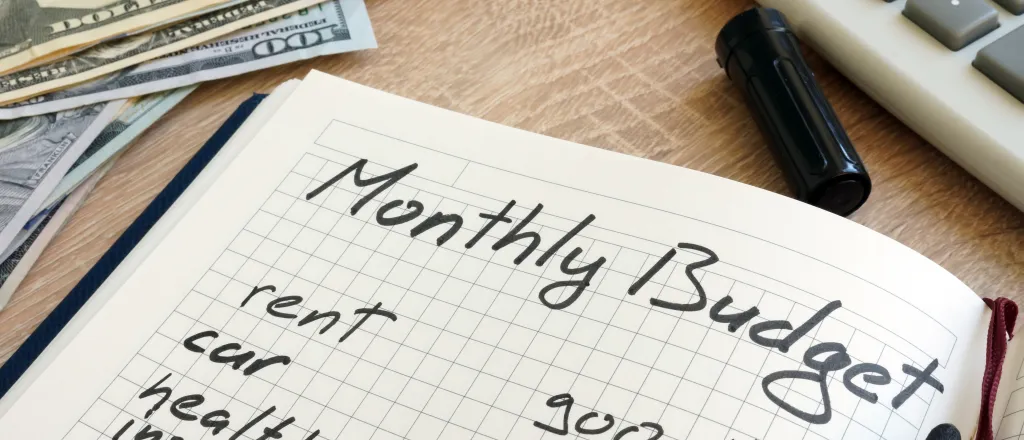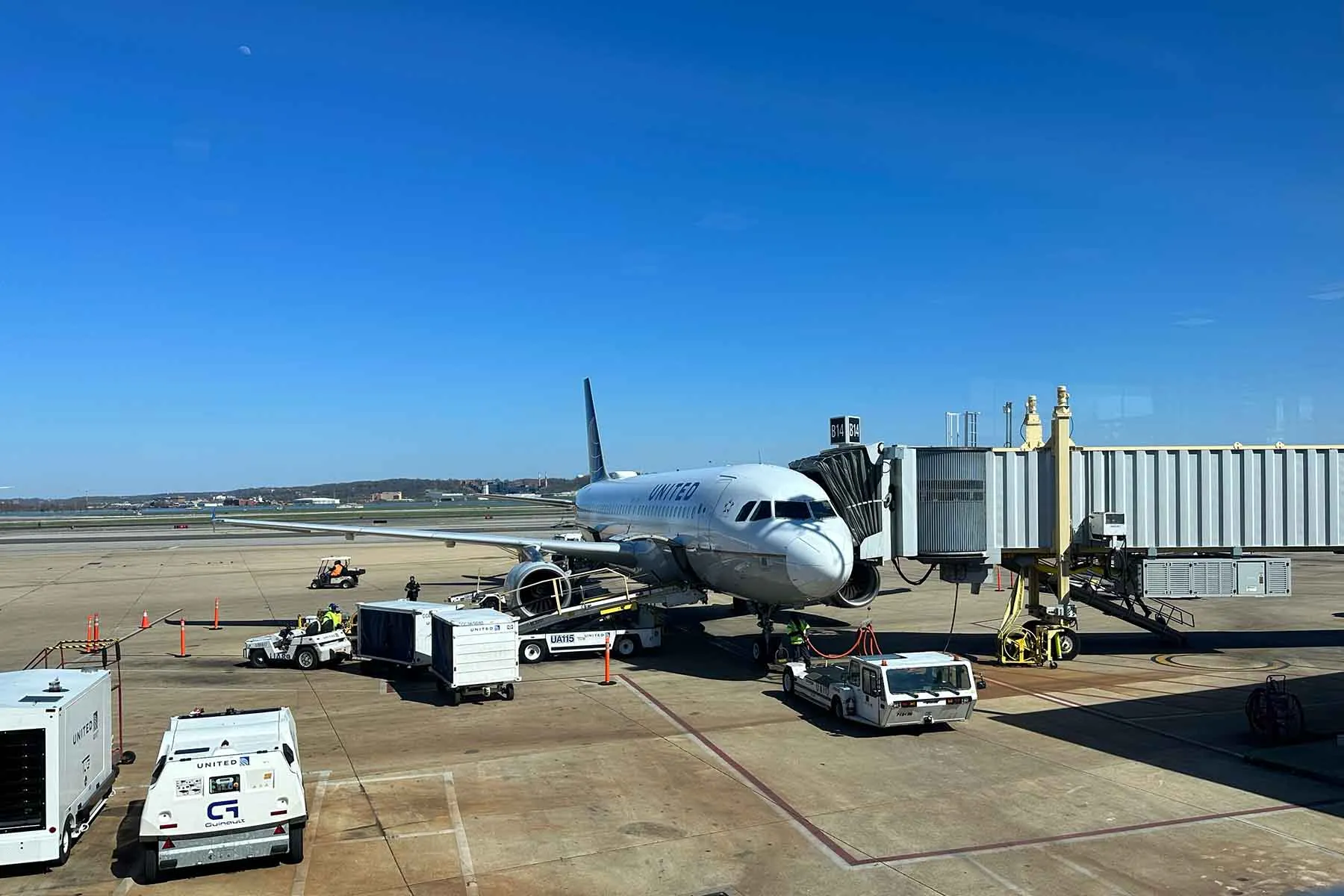
Checking pulse of guaranteed income programs
Click play to listen to this article.
(Wisconsin News Connection) Wisconsin is among the states where guaranteed-income programs have been tested.
A new report says, despite controversy, similar efforts are useful in helping struggling households land on firmer financial ground.
The city of Madison gained attention for a program that ran from 2022 to 2023, where eligible households received $500 in monthly payments.

© iStock.com/Pogonici
Elsewhere in the U.S, the nonprofit Up-Together has helped cities facilitate payments that come with no strings attached.
The group's Director of Media Relations Rachel Barnhart said last year, they helped 26.000 families access $18 million in unrestricted cash. Based on their outreach, all of it was spent on basic necessities.
"Like housing, food, utilities, transportation, child care," said Barnhart.
She said respondents note the assistance has improved their mental well-being, while allowing some to enroll their kids in after-school activities.
There has been pushback, with skeptics arguing these programs discourage people from working.
Even though Madison's effort was privately funded, Republican lawmakers in Wisconsin sought to prohibit taxpayer funding of these initiatives. The bill was vetoed.
Barnhart said in addition to their own surveys, her group is working with researchers to convey the effectiveness of this aid amid some of the resistance.
She said a key example from Texas shows how important the payments are during an escalating housing crisis.
"What the Urban Institute found in Austin," said Barnhart, "was a majority of the cash payments was spent on housing, and we saw an increase in housing stability. "
She suggested a growing patchwork of these payments would serve as a shield against evictions as tenants struggle with skyrocketing rents.
There are longstanding forms of cash assistance, like the federal Temporary Assistance for Needy Families program.
But those come with more requirements, and Barnhart argued there's an uneven approach among states to distribute the aid to recipients.














